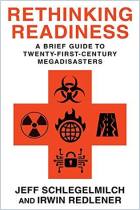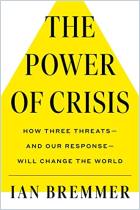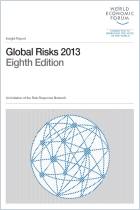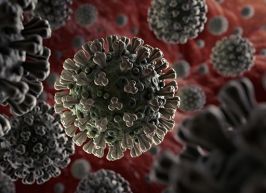Melden Sie sich bei getAbstract an, um die Zusammenfassung zu erhalten.

Melden Sie sich bei getAbstract an, um die Zusammenfassung zu erhalten.
Garrett M. Graff
Experts Knew a Pandemic Was Coming. Here’s What They’re Worried About Next.
Nine disasters we still aren’t ready for.
Politico Magazine, 2020
Was ist drin?
Experts who worried about a pandemic for decades wonder what other catastrophes lurk on the horizon.
Recommendation
Scientists, policymakers and writers obsessed over destructive pandemics for years. They anticipated the political and economic chaos that the coronavirus pandemic is causing. People in the 21st century might still be ill-prepared to face other calamities – such as violent political extremism, nuclear apocalypse and massive earthquakes. And, the United States’ mistakes in its response to the pandemic may provide a wake-up call for crisis preparedness. This article listing nine more big ways things could go wrong might inspire you to prepare yourself for the next calamity.
Summary
About the Author
Garrett M. Graff, a journalist and the director of cyber initiatives at the Aspen Institute, also wrote The Only Plane in the Sky: An Oral History of 9/11.


























Comment on this summary